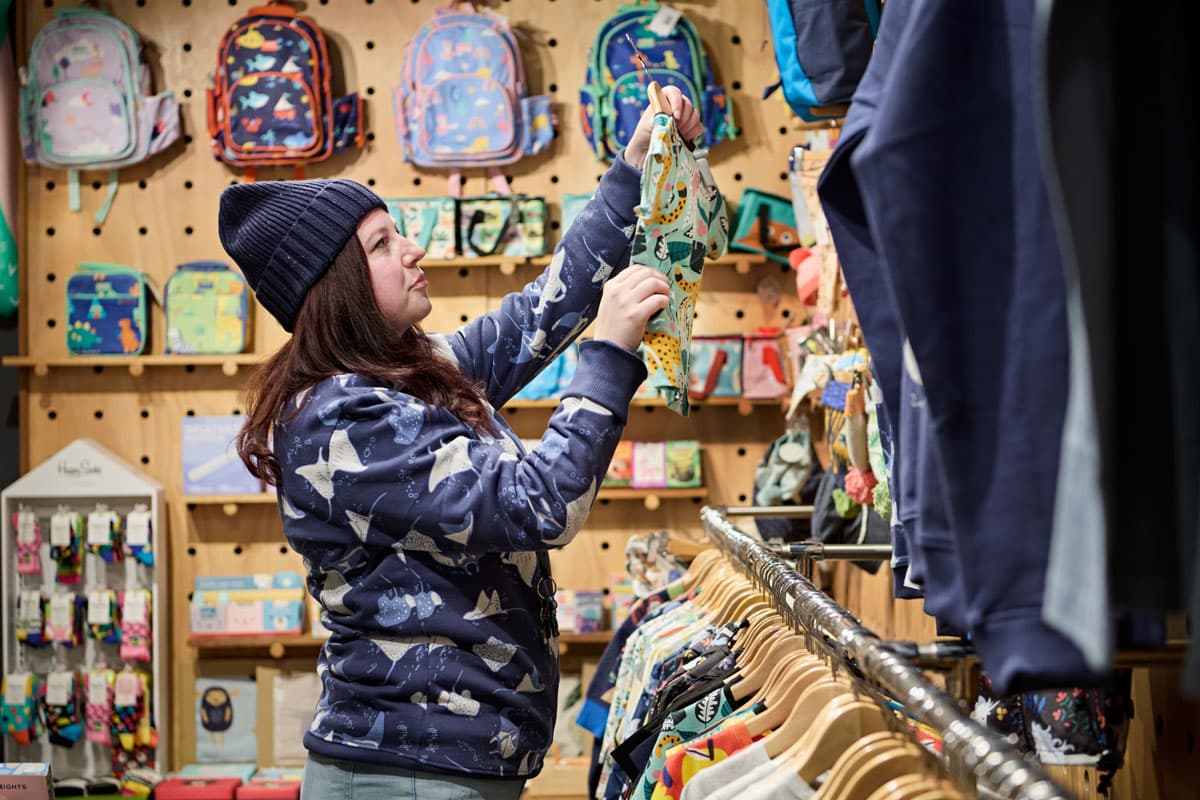
- Business Growth & Optimisation
5 Ways to Make Your Business More Sustainable
Sustainability is no longer optional for businesses.
The overwhelming majority of Australians want businesses to be more transparent about where their stock comes from. 87% of Australian consumers are more likely to purchase a product that is ethically or sustainably produced, and two in five would pay more for it. However, going green hasn’t always made business sense.
In 1994, the Harvard Business Review published an article stating: “Help the environment and hurt your business, or irreparably harm your business while protecting the earth.” Sustainability was widely considered a “no-win” for businesses. Since then, attitudes have shifted dramatically.
This means it’s more important than ever to align your business practices with a more socially conscious consumer market. With that in mind, here are five ways you can prioritise sustainability at your business.
1. Rethink your packaging
How you package and deliver your products could be weighing heavily into your environmental footprint. Single-use lightweight plastic bags are already banned in all states and territories except New South Wales. However, there are a multitude of ways small and medium businesses can make a positive environmental or societal impact beyond reducing plastic.
Consider your shipping methods – could plastic satchels and bubble wrap be replaced with a compostable or recyclable alternative? Could you make the switch to digital receipts and return labels? Is there a clever way to make your packaging more green and make a buzz in the business world while doing it?
Have a look at what your competitors are doing. With consumers significantly more likely to opt for the ethical alternative, you can’t afford to go into bat with wasteful packaging, even if it’s the most cost-effective packaging option. The reality is that discerning customers care more about the 2.1 million tonnes of plastic going into landfills in Australia each year than a business’s bottom line.
2. Optimise your supply chain
A 2016 McKinsey report found that to meet climate change agreements, consumer packaged goods (CPG) companies will need to cut their greenhouse gas emissions by more than 90 percent by 2050. While that responsibility doesn’t fall squarely on small business’s shoulders (far from it), it is a sign that supply chains are a good place to start in your quest to become more sustainable (and transparent about your efforts).
If you can, find out your business’s carbon footprint. You can get a rough estimation from an online carbon calculator. Alternatively, you can invest in a comprehensive emissions analysis by a Carbon Advisor so as to better pinpoint exactly where reductions need to be made in order to lighten your load on the environment. Even small changes within your supply chain can have enormous impacts on your overall footprint.
It’s also important to ensure your products have ethical and responsible origins. This means being across all of your suppliers and their production and procurement methods. Once you’re equipped with this insight, you can deliver on the transparency consumers crave.
3. Make a powerful switch to a new provider
Running a business takes energy, and not just on your part, but to operate the machinery and infrastructure itself. A quick win for sustainability is to switch to a more sustainable energy provider.
This is as simple as seeing how your current provider compares on The Green Electricity Guide and shopping around for an alternative that’s gentler on the environment. This could involve offsetting the power used by customers like you by supporting renewable energy development and reducing carbon emissions.
While it may seem like a small action in the scheme of things, being conscious of your own energy usage is a great place to start. Ensure switches are turned off overnight, energy-saving light bulbs are utilised where possible, and all of your internal energy-saving habits are carried across your entire business, guaranteeing they follow you as you grow.
4. Push for paperless
Making orders themselves paper-free is a great start, but making your internal operations paperless is an excellent step towards a more sustainable business. On average, Australian businesses go through 10,000 sheets of paper every year, of which 50% will end up in the bin. Therefore, something as simple as switching to online billing, email receipts or cloud software can divert a lot of that waste.
For instance, when you do require paper, make sure your printer trays are filled with sustainably sourced recycled paper, and that paper is in turn recycled when you’re done with it.
5. Weave going green into your brand story
Going green can transform the appeal of your brand and open it up to new markets. However, consumers are growing increasingly sceptical of "greenwashing" – businesses making unsubstantiated claims about sustainability so as position themselves as environmentally friendly. Ensure that when you make claims of sustainable practices and milestones, you can back them up with the appropriate certifications, such as GECA’s ecolabel tick. Once it’s legit, make sure you let your audience know by weaving it into your website and social presence. Not only will you win over conscious shoppers, but you could influence other businesses to join the pursuit for a more sustainable future.
Now more than ever, businesses need to remain transparent in the face of an increasingly discerning market and a deteriorating global environment. As Unilever CEO, Alan Jope, so frankly stated: “any company that wants to stay relevant in the future should think about sustainable behaviour.”
Now that you’re up to date on the strength sustainability can bring to your brand and product sales, it’s simply a matter of optimising all aspects of your business. Sign up to our Business Blog to cash in on valuable insights all year round.



